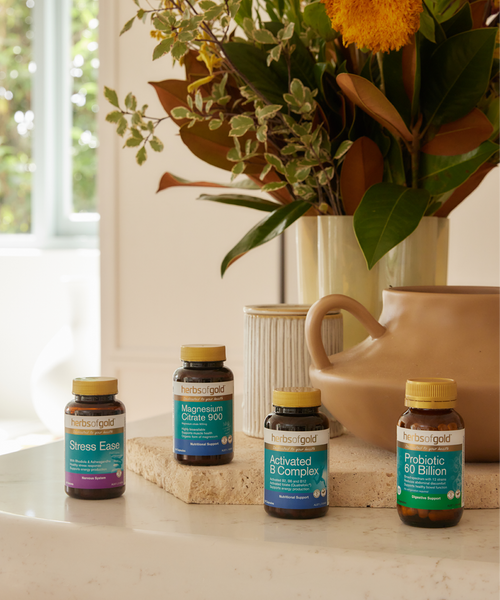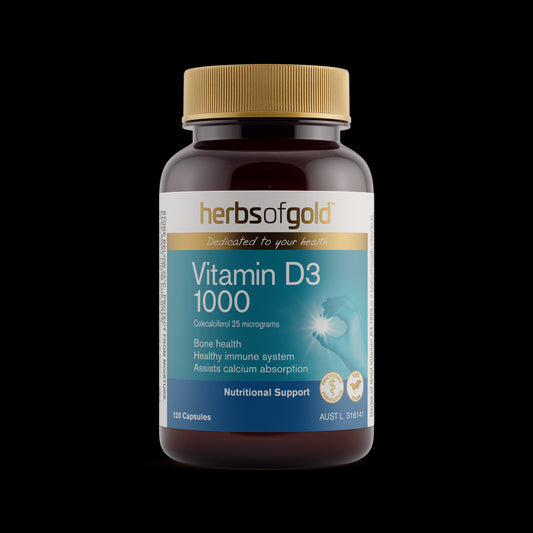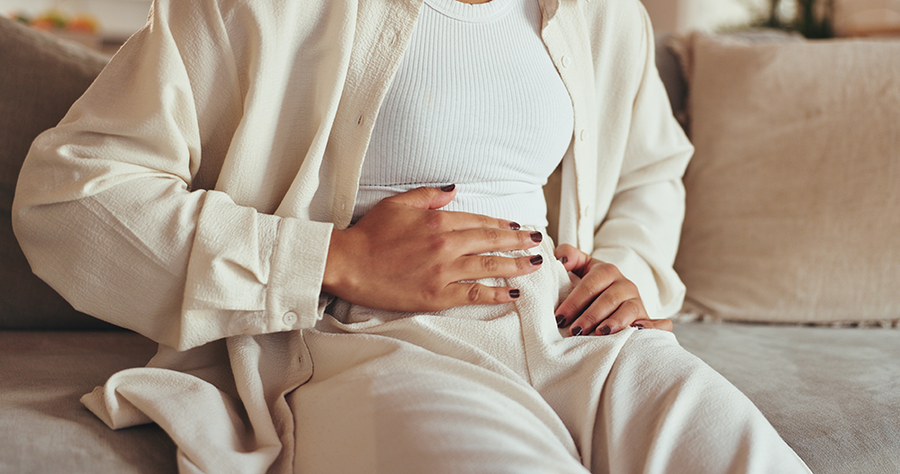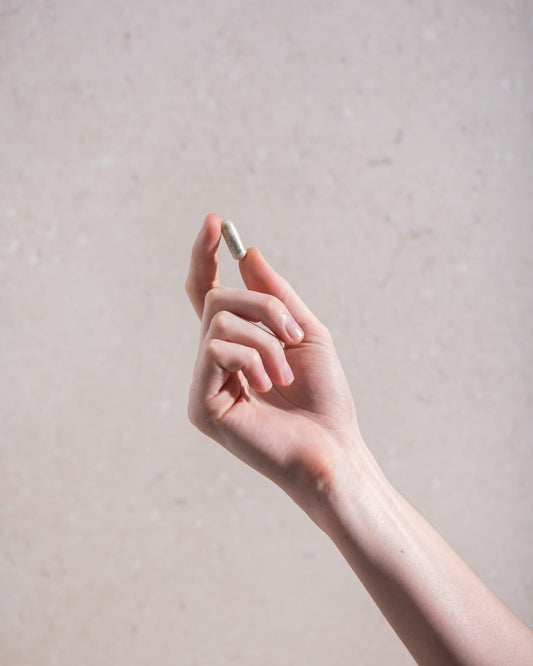Research suggests that dietary choices can impact the regularity, intensity, and symptoms of menstruation. Let's delve into how specific dietary habits can influence your period and what Australian women need to know about maintaining a healthy balance.
The role of nutrition in menstrual health
Nutrition serves as the foundation for hormonal balance, which is essential for a healthy menstrual cycle. Poor dietary choices can disrupt hormone levels, leading to irregular periods, painful cramps, and other uncomfortable symptoms.
Effects of high sugar intake
One dietary factor that can significantly impact menstrual health is sugar consumption. While it’s tempting to reach for the chocolate, excessive sugar intake can make symptoms worse. Studies have shown that reducing sugar consumption can lead to more regular periods and decreased severity of menstrual pain .
Incorporating nutrient-rich foods
Conversely, prioritising nutrient-dense foods can support a healthy menstrual cycle. Incorporating plenty of fruits, vegetables, whole grains, and lean proteins into the diet ensures an adequate amount of essential vitamins and minerals, such as magnesium and B vitamins, which play key roles in hormone regulation and menstrual health. For example, magnesium has been shown to relieve menstrual cramps and spasms, while also reducing menstruation pain. Herb of Gold Magnesium Citrate 900.
The importance of Omega-3 fatty acids
Omega-3 fatty acids, found in fatty fish like salmon, walnuts, and flaxseeds, are another dietary component crucial for menstrual health. These healthy fats help reduce inflammation in the body, helping to relieve menstruation pain. Herb of Gold Triple Strength Omega-3.
Impact of caffeine and alcohol
Excessive caffeine and alcohol intake can disrupt hormonal balance and exacerbate menstrual symptoms. Both substances can affect cortisol levels and interfere with sleep patterns, leading to increased stress and fatigue during menstruation. While moderate consumption may not pose significant problems, it's essential for women to be mindful of their caffeine and alcohol intake, especially during their menstrual cycles.
Addressing low iron
Iron deficiency is a common concern for menstruating women, particularly those with heavy periods. In Australia, iron deficiency affects approximately 1 in 14 women aged 18-49 years . Consuming iron-rich foods such as lean red meat, poultry, legumes, and leafy greens is important, while pairing these foods with sources of vitamin C, such as citrus fruits, can enhance iron absorption. When dietary intake is inadequate, an iron supplement can be beneficial. Herb of Gold Organic Iron MAX.
Prioritising good nutrition, being mindful to exercise, while also practicing some helpful self-love when it’s needed most can have a marked influence on improving menstrual health.
Can diet impact your period?

For Australian women, understanding the intricate relationship between diet and menstrual health is crucial. Beyond mere sustenance, what we eat profoundly affects our overall well-being, including our menstrual cycles.



















